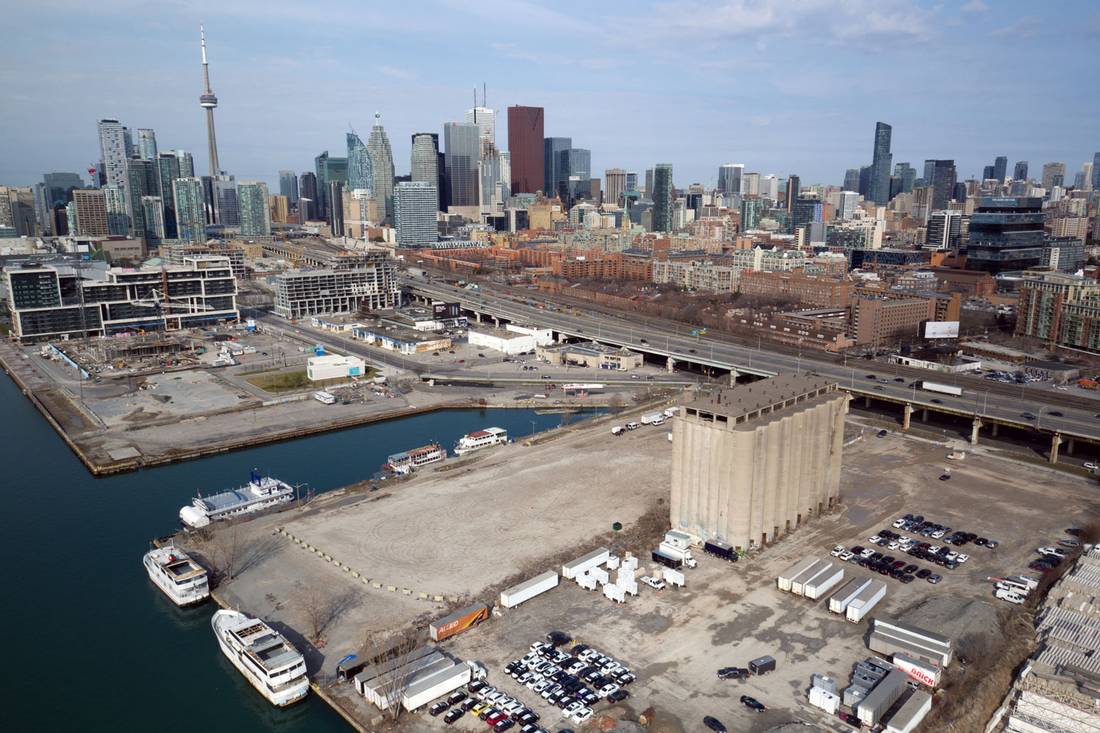A proposal by Google's Sidewalk Labs to build a Smart City project on a 12 acre section of Toronto's waterfront has won approval.
Waterfront Ontario is an advisory panel for the project, which if successful could expand to over 800 acres of the city's waterfront, in the area known as the Port Lands, where the Don River meets Lake Ontario.
The Project which has been delayed several times over project specifics, and concerns raised about privacy and who gets to control the data collection and manage the data storage.
Quayside was intended to be one of the world's first smart cities, utilizing environmentally friendly design and emerging technologies to manage every aspect of the community and hopefully increase efficiencies. In other words, using technology to do what people do.
Many critics have come forward during the proposal process. The former Privacy Commissioner of Ontario, Ann Cavoukian wrote " I imagined us creating a Smart City of Privacy, as opposed to a Smart City of Surveillance", when resigning her position.
One of the largest concerns is over facial recognition technologies that may be used in the project. That data and how it is utilized is a big concern for privacy groups.
A project spokesperson stated "we believe that data collected in public space must be overseen and closely controlled by an independent and publicly accountable Data Trust, not Sidewalk Labs, Google, or any private company."
While that sounds nice, it implies that despite claims to the contrary, facial recognition will play a role in the project, and that the data will be managed by the City, or a group formed to manage it for them. Whether the data is managed privately or publicly, the issue is the data exists and if ever compromised, either through malice, intent or error, that has an serious impact on people's right to privacy.
One aspect of the Project is to increase affordable housing, with over half of the planned 2500 housing units to be available below market value. Is it fair then to ask those people to give up some rights to privacy in order to live there.
Maybe that is the real experiment. How much privacy are people willing to give up in order to save some money?
For more information Read this.










